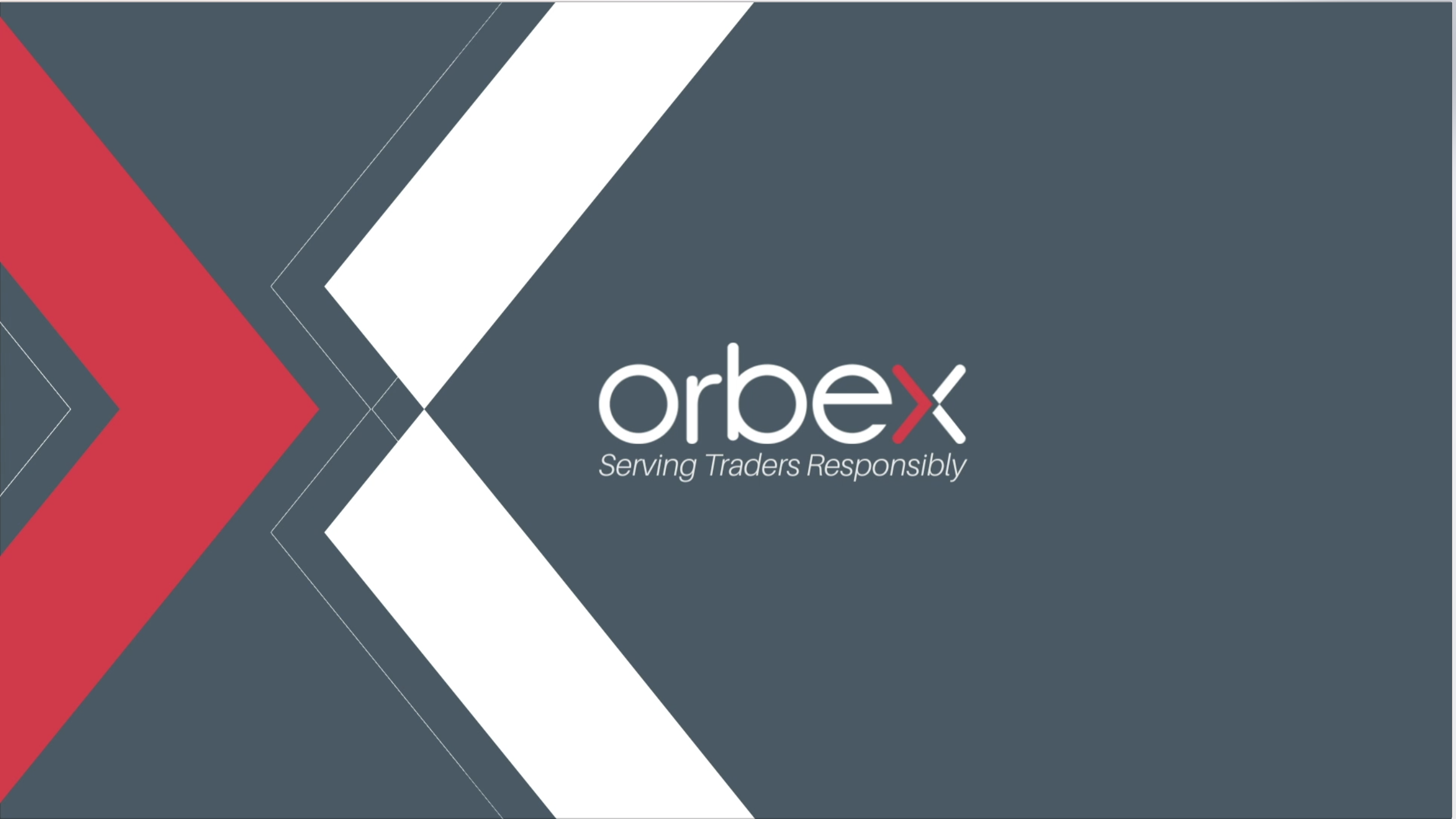New Home Sales to Rise 6% in July

The US Census Bureau will be releasing the monthly statistics on new home sales for the month of July. The data is expected to show a 6% increase on a month over month basis, to 645k units.
In June, new home sales rose 7%, to 646k units on a monthly basis. The new home sales report has been in a steady upward trend since the mid-2008 period, reaching the current level of 646k units in June 2019.
The median price of new homes sold during June was at $310,400 while the average price of new homes was $368,000.

The forecasts for July new home sales, although slightly lower than the June’s headline print, remains broadly in line with the trends.
The data underscores the fact that new home sales have been nudging steadily higher since the past decade. The current interest rate conditions and a strong labor market continue to support a steady increase in the new home sales report.
Test your strategy on how the USD will fare with Orbex
In July, the Federal Reserve lowered interest rates by a quarter basis point. This typically has an impact on mortgage rates. US mortgage rates are trending lower, which leads to renewed interest in sales of newly constructed homes.
However, we could expect to see some revisions to past data. For example, the new home sales report for May was revised to 604k, down from the 626k initially reported. We can expect to see revisions to the June data as well. This is because the new home sales report is based on a small sample survey. As a result, revisions are common to previous data.
Housing Markets Continue to Paint a Mixed Picture of the Economy
Various other indicators covering the housing markets remain mixed. The recently released housing starts, which measures the number of residential buildings that started construction fell to 1.19 million.
This was a 4% increase in the month of July and about 0.6% higher from July 2018’s measure of 1.184 million. The housing markets tend to see a boom during the summer months. The seasonality tends to fade away into the latter parts of the year.
Thus, we anticipate a potential increase into the July and August months before the housing data cools off from September onward.
While the lower interest rates are seen as a boom for new homeowners, the economic uncertainty casts a shadow. So far, the US labor markets have managed to underpin growth. But there is evidence that the momentum is fading.
Consumer spending is another indicator to watch out for. It measures the amount spent by US consumers at retail outlets. Consumer spending gives us a glimpse into consumer sentiment, which is high at the moment. However, this seems to be due to the lagging effect.
Quite recently, the threat of recession has once again reared its ugly head. Investors are concerned, especially after the 2-year and the 10-year treasury yields inverted. The Federal Reserve is likely to respond with another rate cut further down the line.
For the moment, the data on the housing sector which runs into the third quarter could remain in line with the current trends. But the fourth-quarter data could be dampened if the economic outlook continues to deteriorate.
One of the first indicators will, of course, be the wage growth report. On the supply side, the housing starts data will also give an early indication into the pace of construction of new residential units.
While the data for July could be in line with estimates, investors will be more focused on the outlook in the coming months.
[optin-monster-shortcode id=”xslwni6rvb1jfqoxyods”]




